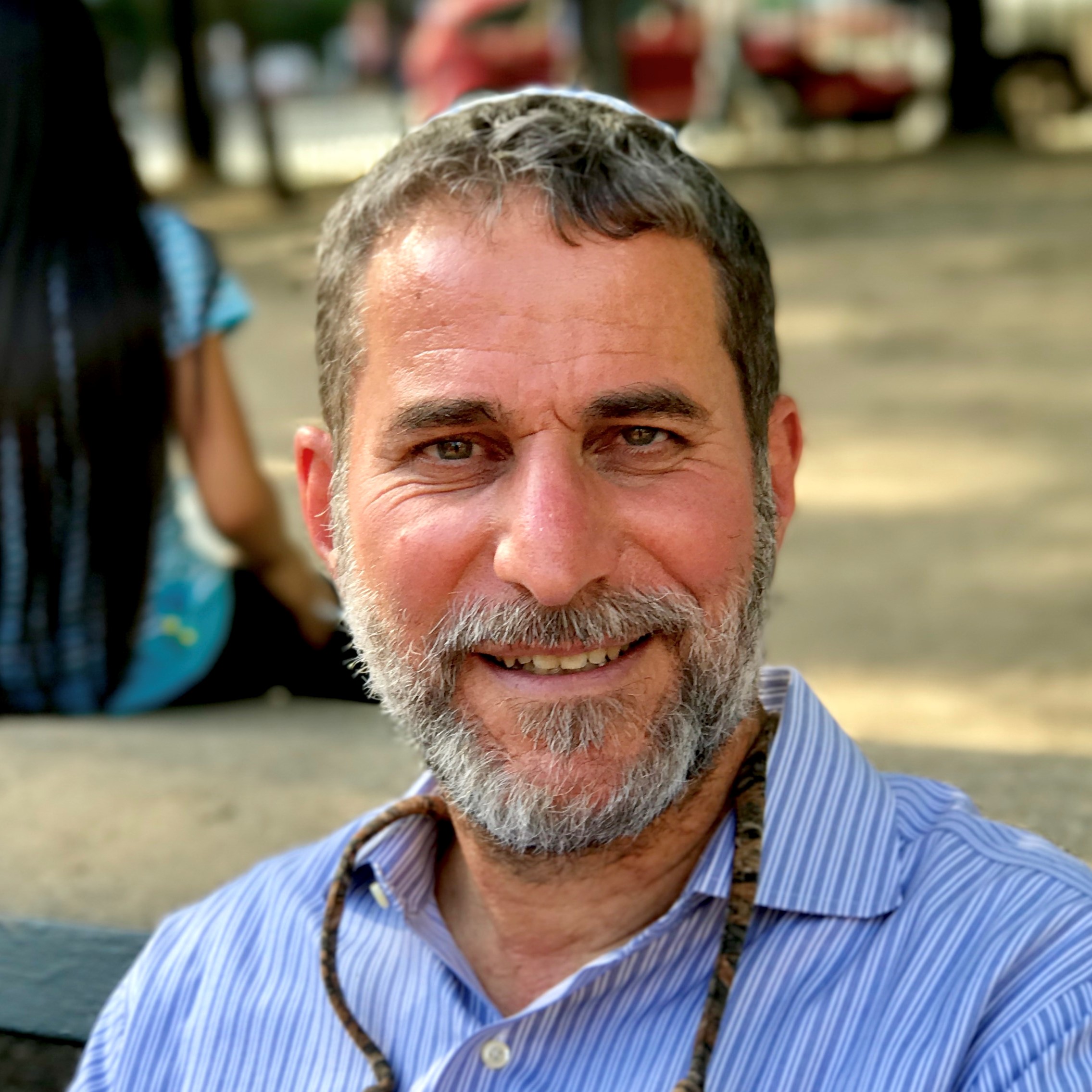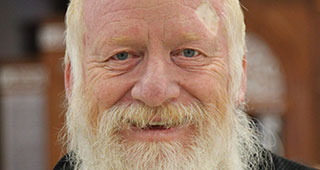41 Lessons
11. Shaving, Haircuts, Weddings, and Tahanun
Chapter 4: Yom Ha-atzma’ut
Do the customs of mourning that we observe during the omer period apply to Yom Ha-atzma’ut? Responses to this question have varied greatly.
Rabbi Eliezer Melamed | Cheshvan 5 5782
10. Yom Yerushalayim
Chapter 4: Yom Yerushalayim
All the holy places in Judea and Samaria – most significantly the Old City of Jerusalem and the Temple Mount – were liberated, along with the Sinai Peninsula and the Golan.
Rabbi Eliezer Melamed | Cheshvan 5 5782
9. Celebrating Yom Ha-atzma’ut on a Different Date
Chapter 4: Yom Ha-atzma’ut
When Yom Ha-atzma’ut falls out on a Friday or Shabbat, there is good reason for concern that the celebrations and ceremonies will cause public desecration of Shabbat.
Rabbi Eliezer Melamed | Cheshvan 5 5782
8. She-hecheyanu and Hallel at Night
Chapter 4: Yom Ha-atzma’ut
Some maintain that the salvation of Yom Ha-atzma’ut is similar to that of the Exodus from Egypt, and thus we must recite Hallel at night.
Rabbi Eliezer Melamed | Cheshvan 5 5782
7. Reciting a Berakha on Hallel
Chapter 4: Yom Ha-atzma’ut
Some say that even though we thank God on Yom Ha-atzma’ut, we should not recite Hallel with a berakha.
Rabbi Eliezer Melamed | Cheshvan 4 5782
6. Reciting Hallel
Chapter 4: Yom Ha-atzma’ut
It is a mitzva to recite Hallel on special occasions, in order to thank and praise God for the miracles He performs on our behalf.
Rabbi Eliezer Melamed | Cheshvan 4 5782
5. Establishing Yom Ha-atzma’ut as a Permanent Holiday
Chapter 4: Yom Ha-atzma’ut
There is a mitzva to establish a holiday of rejoicing and praising God on a day when the Jewish people were saved. It was on this basis that the Sages established Purim and Ĥanuka as permanent holidays.
Rabbi Eliezer Melamed | Cheshvan 4 5782
3. Salvation of Israel
Chapter 4: Yom Ha-atzma’ut
On Yom Ha-atzma’ut (Israel’s Independence Day), the Jewish people were delivered from bondage to freedom, from subjugation by foreign powers, with all it entails, to political independence.
Rabbi Eliezer Melamed | Cheshvan 4 5782
4. The Three Oaths
Chapter 4: Yom Ha-atzma’ut
The verse states: “I adjure you, O maidens of Jerusalem, by gazelles or by hinds of the field: Do not wake or rouse love until it please!” ). The Sages explain that God administered three oaths: two to Israel – not to ascend to their land forcefully all together and not to rebel against the nations – and one to the gentiles – not to subjugate the Jews excessively.
Rabbi Eliezer Melamed | Cheshvan 4 5782
2. The Beginning of the Redemption and Sanctifying God’s Name
Chapter 4: Yom Ha-atzma’ut
After so many years passed without God’s word coming to fruition, God’s name became increasingly desecrated in the world, and the enemies of Israel decided that there is no chance that the Jews would ever return to their land
Rabbi Eliezer Melamed | Tishrei 30 5782
1. The Mitzva of Settling Eretz Yisrael
Chapter 4: Yom Ha-atzma’ut
When the State of Israel was established, on the fifth of Iyar in 5708 (1948), the Jewish people fulfilled the mitzva of settling Eretz Yisrael (the land of Israel).
Rabbi Eliezer Melamed | Tishrei 30 5782
Torah Source for Yom Ha'Atzma'ut
A historical application of a word found in this week's Parshat Beha'alotkha in Jewish communities throughout the world, showing how it clearly also applies to celebrating Yom Ha'Atzma'ut in our time.
Baruch Gordon | Sivan 17 5781

Remembering the 6 Day War- Yom Yerushalayim & Declaring New Holidays
It sounds complicated to declare new holidays, but it's actually not at all. Similarly to allow haircuts and music during the Omer also is simple. Just declaring Hallel with a bracha is more complicated, but an historic return to the forgotten background of the "6 Day War" helps clarify that, as well.
Rabbi Ari Shvat | Iyar 27 5781
No Destruction After Redemption
Translated by Hillel Fendel
It is a well-known Torah truism that a third destruction, following those of the First and Second Holy Temples, will never occur. There will be no Exile following the beginning of the Redemption that we have been experiencing these recent decades and more.
Rabbi Zalman Baruch Melamed | Iyar 3 5781

Israel Ind. Day - Missing Link in Ancient Rabbinic Code
Though the Hebrew calendar date of Israel Independence Day was decided upon by the Israeli government a year after the establishment of the State, their choice of day - the 5th of the Hebrew month of Iyar - received a divine stamp of approval in that this very day filled the missing link in a Rabbinic puzzle of centuries.
Baruch Gordon | Nissan 27 5781

Blending the Wisdom of Age With the Energy of Youth
Translated by Hillel Fendel
When the Jewish Nation hesitates at important crossroads in history, it may be because we have to relearn how to use our unique national strengths – each of which is suited for a different generation.
Rabbi S. Yossef Weitzen | Shvat 11 5781

Putting the Season in Perspective – part I
Rabbi Yossef Carmel | Iyar 6 5780

Four Fourever
Rabbi Stewart Weiss | Iyar 2 5780

Jew – Speak Hebrew!
We will continue to explain the great obligation to thank Hashem for the miracles we have seen, as Hashem and Am Yisrael have returned to Zion and we have merited the establishment of State of Israel, the beginning of the growth of our liberation.
Rabbi Yossef Carmel | Iyar 4 5779
